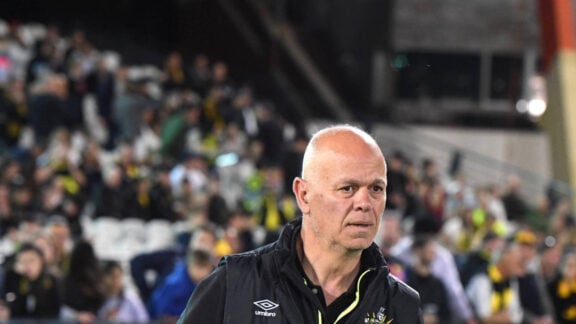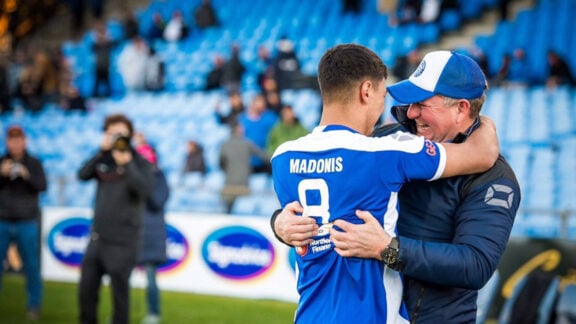Melburnian Daniel Tsakmakis won a scholarship to study Greek at the University of Cyprus in July.
Born to an Australian-born-Greek father and an Italian-born mother, Tsakmakis has experienced two very rich cultural heritages.
Raised in the Greek and Italian influenced suburb of Northcote, he told Neos Kosmos growing up with Greek and Italian as his first languages meant he wasn’t exposed to English until he started school.
“I started school and had to learn English so I lost my Greek language skills, because I had to focus on English. I went to Italy as a boy and went to school there, so I kept Italian and then it wasn’t until year 11 and 12 when I was completing VCE Italian that I wanted to pick up VCE Greek again but it wasn’t possible.”
He lived in Italy as a child for close to three years and won a scholarship to study at the University of Milan, which spurred him to go to Cyprus because he wanted to fairly “balance” his ethnicities.
“I wanted to better my Greek and show that I was mutual between my languages and cultures. My father’s fully Greek, my yiayia and pappou are from Thessaloniki, and my Italian grandparents don’t really speak English that much, so I wanted to show myself that I was between both and not leaning towards one or the other.”
He first went to Greece at the start of 2014, with his Italian speaking cousin, and said going to Athens for the first time was a novel cultural experience.
“Three months later I got back and I was told that I won that university scholarship at the University of Cyprus. My first experience there [Athens], for not even a week, triggered me to want to go back and refine everything that I knew and visit family and re-establish connections growing up.”
Tsakmakis says NEPOMAK (World Organisation for Young Overseas Cypriots), which runs the scholarship, offers a youth program that connects people from the Greek diaspora, from places like Australia, New Zealand, the US and Canada and it was an opportunity for students to represent their respective countries.
“Essentially we had to represent our own countries. For example, we went to parliament and we spoke about where we were coming from and what we thought about specific European issues.”
“As well as the study experience I found it really rewarding. At first it was a bit challenging obviously because even the teachers didn’t really speak English that much and all the essays and the exams we did were in Greek, so after a while I kind of forgot what reading in English was like, because we were so immersed.”
He hopes that much like his experience, second, third and fourth generation Greeks can explore their culture and language through similar programs.









